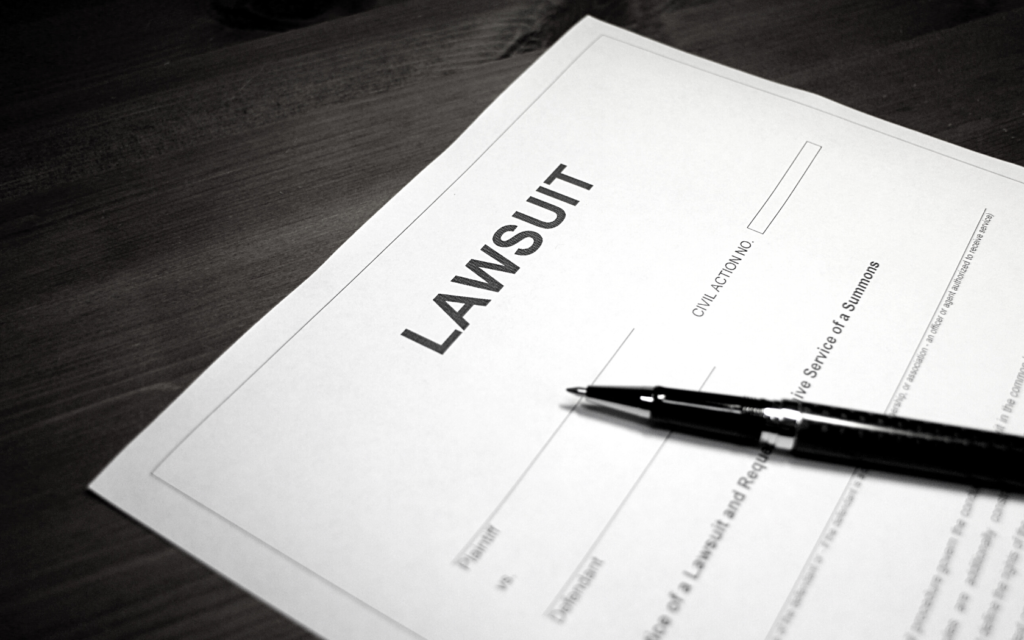What would warrant a chorioamnionitis lawsuit? Here’s a real life example: A Minnesota couple became parents to a baby boy after a complicated, mismanaged birth experience. The mother had previously delivered a baby via c-section, but his time around, she wanted a VBAC (Vaginal birth after C-section)..
She was induced by Pitocin. But shortly after this the baby’s heart rate began falling off the baseline. Once, for 9 long minutes. Yet the care team continued to administer the medication. Now, the mother’s pulse was increasing as was her temperature. It was then she heard the word chorioamnionitis for the first time. She was given antibiotics to treat the infection. Three hours later, a baby boy was born. But unfortunately, not without complications. He sustained permanent injuries to the brain due to hypoxia.
A few months later, he was given an official diagnosis: spastic quadriplegia cerebral palsy. There were other injuries and complications too. This included physical and developmental delays, seizures, and much more. Had the medical team recognized problems on time and relayed the information to her, the mother says she would have opted for a C-section. The couple have now filed a chorioamnionitis lawsuit against the facility.
Are you thinking of filing a chorioamnionitis lawsuit? Do you believe doctors failed to diagnose, manage, or treat chorioamnionitis? You may be entitled to compensation. Speaking with an experienced lawyer can steer you in the right direction. Give our team a call. We may be able to help!

What Is Chorioamnionitis?
Chorioamnionitis is a bacterial infection that can affect pregnant women. The amniotic fluid and membranes surrounding the fetus become infected. A chorioamnionitis diagnosis may result in early delivery of the baby. While some women may present symptoms of the infection, others may be asymptomatic. Even then, it’s the doctor’s responsibility to recognize any signs and administer proper treatment.
Chorioamnionitis Causes
Chorioamnionitis, also known as intrauterine infection, can arise from several different sources. Bacteria can enter the mother’s urogenital tract and lead to infection. So how does the bacteria enter in the first place?
Here are some common causes of chorioamnionitis:
- Multiple cervix examinations. Some expecting mothers get their cervix checked many times to see how much they’ve dilated.
- Early rupture of the membranes/preterm labor
- Lifestyle decisions such as substance abuse, obesity, or smoking
- Mothers under 21
- History of urinary tract infections
- Group B strep
If doctors suspect chorioamnionitis, they’ll have a plan to manage and treat it. They’ll likely administer antibiotics to help combat the infection. Most doctors will also perform a C-section so the infection doesn’t spread to the fetus. A C-section can allow the baby to thrive better than in the womb. And if the infection spread to the baby? Doctors can administer antibiotics to the newborn as well. Proper and timely treatment can help avoid an array of complications, as well as a chorioamnionitis lawsuit. But what about the symptoms?
Chorioamnionitis Symptoms
Chorioamnionitis can be a very serious condition, requiring prompt medical attention.
Here are some common symptoms you should be aware of:
- Rapid heartbeat. A rapid heartbeat can be a sign that the infection has spread and is affecting your health.
- Fever. This is one of the most common symptoms of chorioamnionitis. A fever during pregnancy can be a sign of infection and should never be ignored.
- Pelvic pain. Women with chorioamnionitis may experience mild to severe pelvic pain (a tender to painful uterus).
- Foul-smelling discharge. If you have chorioamnionitis you may notice a foul-smelling discharge from the vagina. This discharge can be green, yellow, or brown.
Chorioamnionitis can lead to serious problems like preterm labor, brain damage in the baby, sepsis, and other complications. Sometimes, when doctors are negligent in cases like these, filing a lawsuit is the proper course of action.
Chorioamnionitis Lawsuit – Both Mothers & Babies Are Affected
Not recognizing the signs of chorioamnionitis early enough can lead to serious complications. It’s one of the main reasons someone might file a chorioamnionitis lawsuit. For expectant mothers, these signs could include:
- Respiratory problems
- Excessive bleeding after delivery
- Major infections such as sepsis
- Blood clots in the lungs or pelvis
Even though chorioamnionitis is an infection in the mother, it can lead to complications with the baby. Babies born to mothers with chorioamnionitis can suffer from serious, life-threatening injuries. Especially when the infection is mismanaged. Complications a baby might suffer in such scenarios include:
- Premature birth
- Permanent brain damage
- Neonatal sepsis
- Cerebral palsy
- Developmental delays
- Cognitive disabilities
- Lung disease
- Respiratory disorders
- Meningitis
- Pneumonia
- Blood infections
Of course, the earlier chorioamnionitis is detected, the earlier it can be managed and treated. Early intervention can help reduce the chances of neonatal complications drastically. Timely treatment can also help avoid a chorioamnionitis lawsuit.

A Chorioamnionitis Lawsuit Is Due To Negligence
You’ve read about the serious injuries and complications associated with chorioamnionitis. And now you also know that doctors have the responsibility to test for certain conditions like this and rule them out. If there is evidence of any such conditions during pregnancy, a prompt treatment plan must be made. Timely and decisive decisions are all part of providing proper prenatal care.
Unfortunately, not all doctors provide care that lives up to the golden standard. Sometimes a diagnosis is never made. Infections go missed and a treatment plan is never created. The mother’s symptoms get worse and could cause potential harm to both mother and baby.
We understand errors occur. But there are certain boxes doctors must check off their lists. And checking for signs of chorioamnionitis is one of them. Doctors who fail to do so should be held accountable. That’s where a chorioamnionitis lawsuit comes into play. If a doctor’s negligence led to injury or other complications, you may have the right to file a lawsuit. Get in touch with the team of Hampton & King to discuss your options. We can help you navigate your way through a chorioamnionitis lawsuit.




